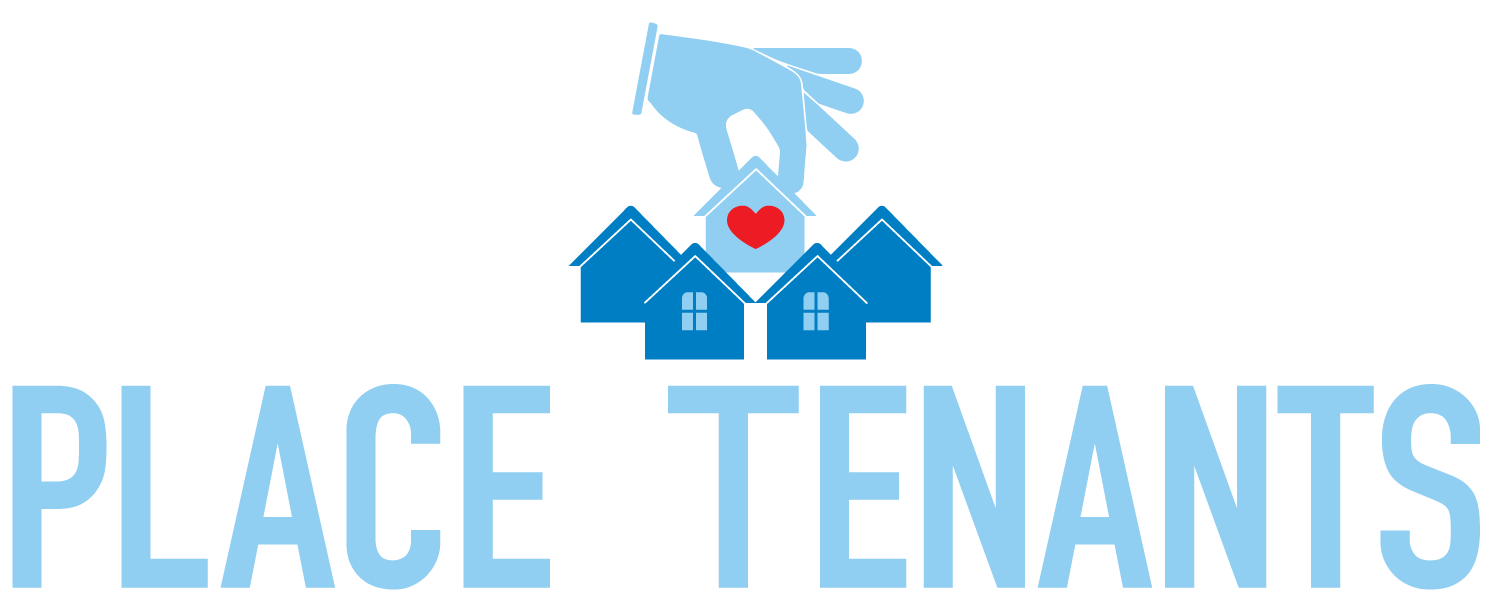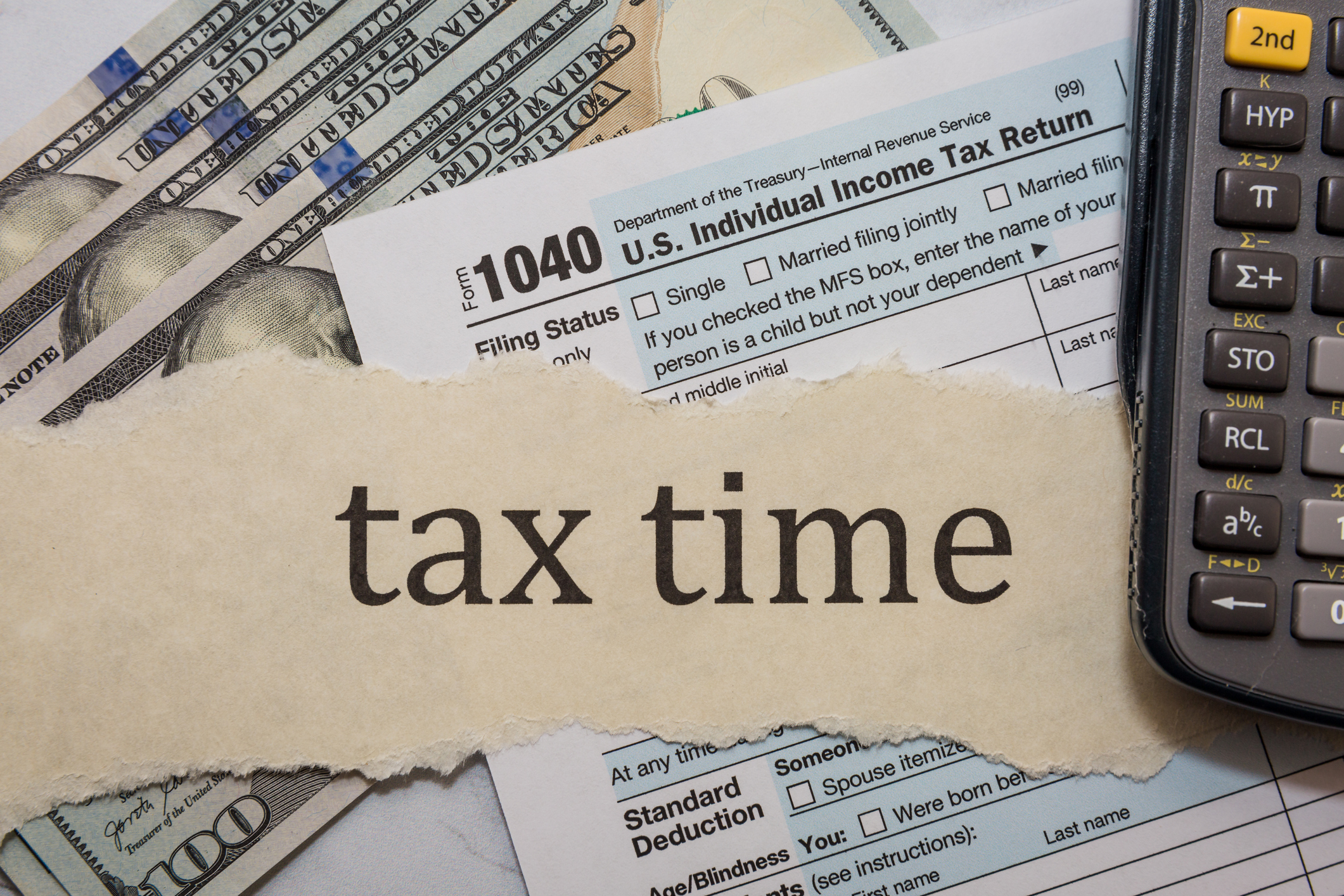Rental property tax deductions are just as important to a landlord’s bottom line as rent is. Good news: The deductibles are ordinary expenses and common in the field of residential rentals, though they must be necessary for the management and maintenance of the rental property.
In IRS-speak, “use Schedule E (Form 1040) to report income or loss from rental real estate, royalties, partnerships, S corporations, estates, trusts, and residual interests in real estate mortgage investment conduits (REMICs).”
Your property management company can offer more insight to these top rental property deductions, and, as always, consult with your tax professional because there are lesser known deductions you don’t want to leave on the table.
Following are seven deductions to raise the ROI on your rental property.
Mortgage Interest: The most attractive tax deduction for mortgage-holding Americans is the loan’s interest, and that applies to rental properties as well, as do points, origination fees, and interest on credit cards that were used for your rental property. Here’s the hitch: the money must be spent before taking the deduction.
Property Taxes: Location, location, location determines property tax. Check your escrow statement for your property’s rate; you can also check with your local jurisdiction. Certain licensing fees are deductible, also. The IRS has limitations on the number of deductions for state and local income to $10,000 ($5,000 for married taxpayers filing separately).
Repairs and Maintenance: Specific improvements to a rental home are deductible, such as plumbing, heating and air conditioning, and interior upgrades like kitchens. Other improvements are deductible under depreciation.
Real Estate Depreciation: In tax circles, property wear and tear is called depreciation, and it is deductible. The computer you use to keep track of rent received and maintenance issues resolved is also deductible. Figuring depreciation is complicated and best left to professionals.
Utilities: This deduction often comes as a surprise. If electricity, water, satellite, and the like are included in the rent they are deductible.
Professional and Legal Fees: Did you use a professional service to find tenants? Deduct that commission. Who prepared your taxes? Deduct that fee. Were there surprise legal fees when you had to evict a tenant? Deduct those charges.
Insurance Premiums: If your lender required private mortgage insurance, that’s deductible. As are homeowners, landlord, and various liability insurances. Ask your tax professional about deducting worker’s comp or other employee-related insurances.
Whether you DIY your taxes or use the services of a CPA or another financial professional, diligent record keeping cannot be overemphasized. Do yourself a favor and don’t procrastinate this. You’ll be in better shape to take all the deductions allowable; plus, you’ll be in great shape should an audit notice come your way.
Want to learn more about investing in rental properties? Place Tenants can help. Call 800-886-1193 or email [email protected].
iStock.com/Charise Wilson Photography






